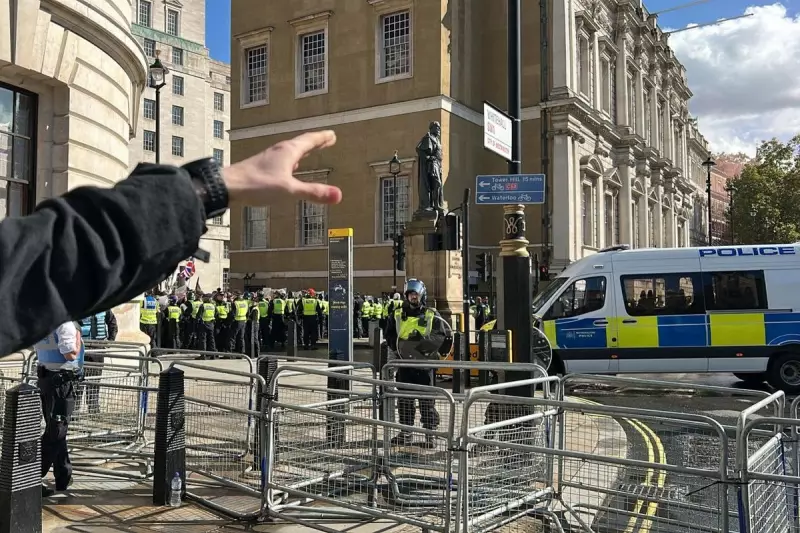
The Metropolitan Police has been exposed using covert mass surveillance techniques to harvest personal data from Google services including YouTube and Street View, in a move that has alarmed privacy campaigners.
According to documents obtained through Freedom of Information requests, Scotland Yard utilised 'geofencing' technology to secretly collect information from thousands of Londoners' Google accounts without obtaining specific warrants. This technique involves requesting data from all devices within a specific geographical area during a particular time period.
How the Covert Operation Worked
The controversial method allowed investigators to access a treasure trove of personal information from anyone whose device connected to Google services in targeted locations. This included:
- Location history data from Google Maps and Street View
- YouTube search and watch history
- Account information and device identifiers
- Timestamps of user activity
Privacy International, who uncovered the practice, condemned it as "extremely alarming" and representing a "very low threshold for such an intrusive power."
Legal and Ethical Concerns
The revelation has sparked serious questions about the legal basis for such widespread data collection. Unlike traditional surveillance methods that target specific suspects, geofencing effectively casts a digital dragnet through entire neighbourhoods, capturing information from innocent bystanders alongside potential persons of interest.
Civil liberties groups have expressed outrage at the scale of the operation, noting that most affected individuals would never know their data had been accessed by police forces.
Police Defence and Transparency Issues
The Metropolitan Police defended the practice as necessary for investigating serious crimes, but declined to reveal how many times these powers had been used or what specific cases they were deployed for.
This lack of transparency has further concerned watchdog organisations, who argue that such powerful surveillance tools require proper oversight and public scrutiny to prevent abuse.
The controversy comes amid growing concerns about the erosion of digital privacy rights and the increasing capability of law enforcement agencies to access personal data without adequate judicial oversight.





